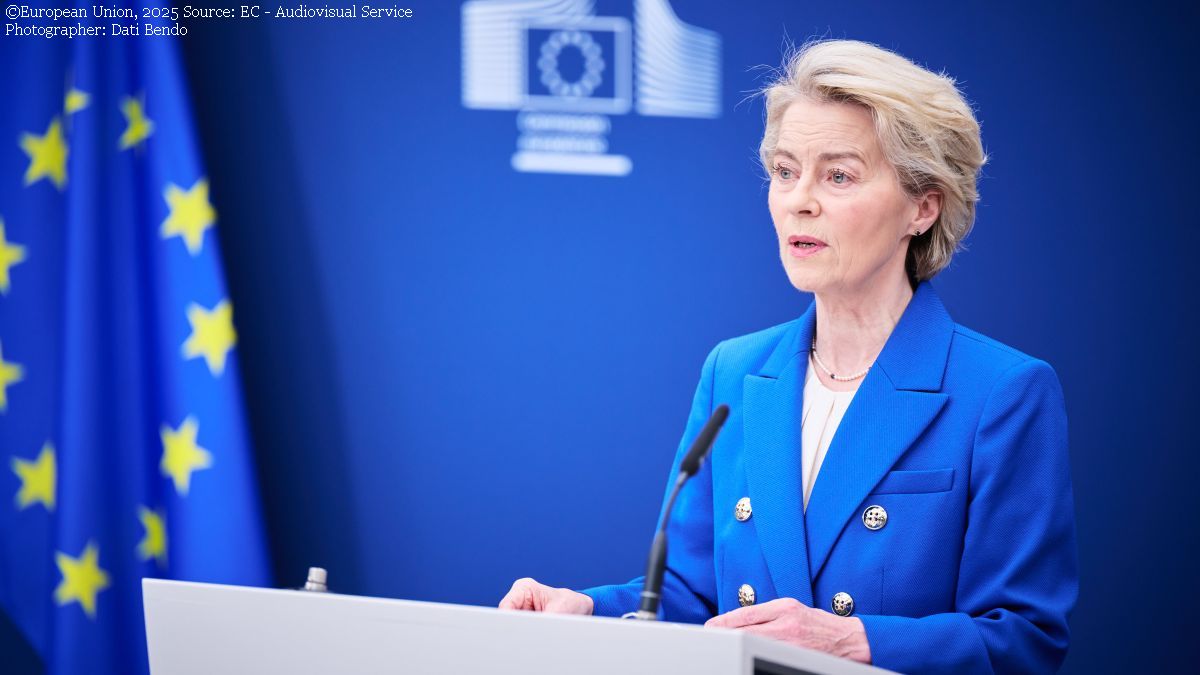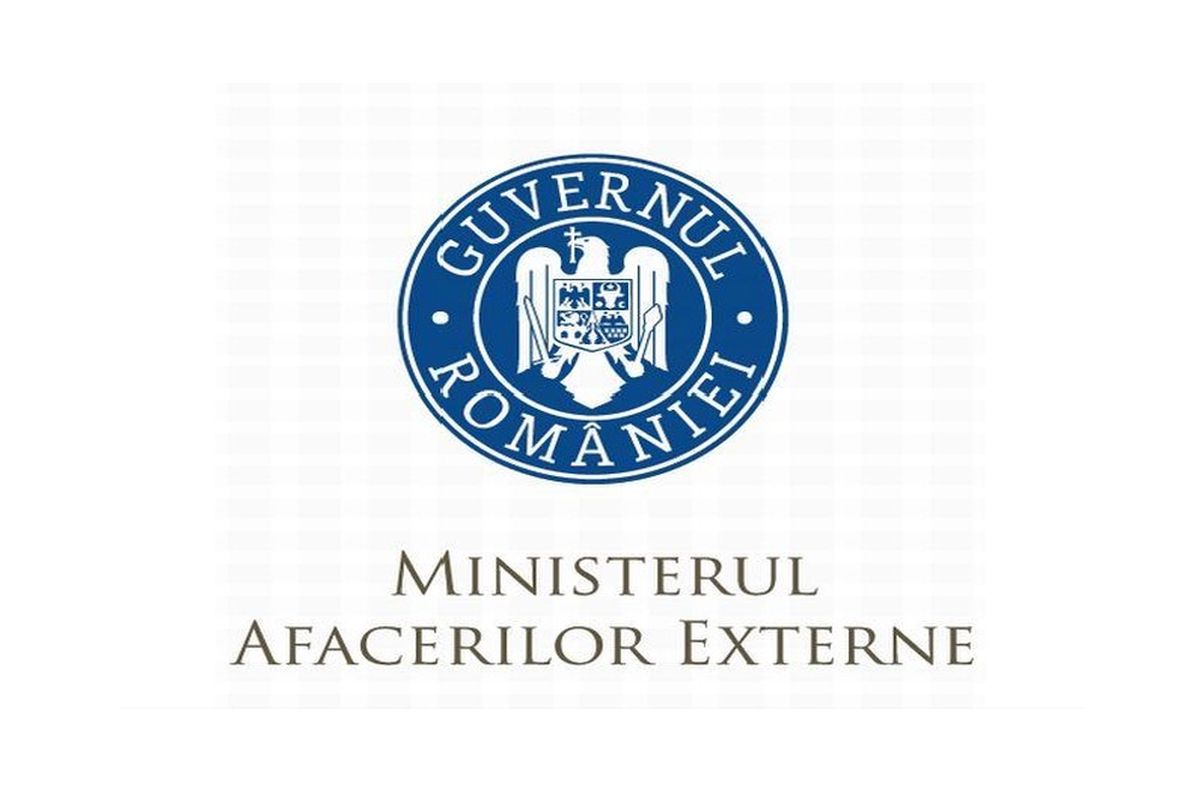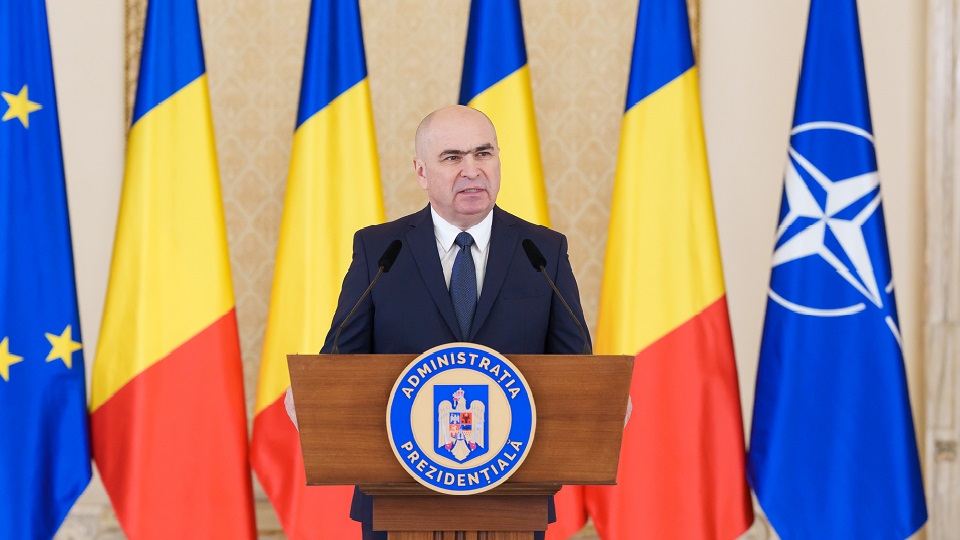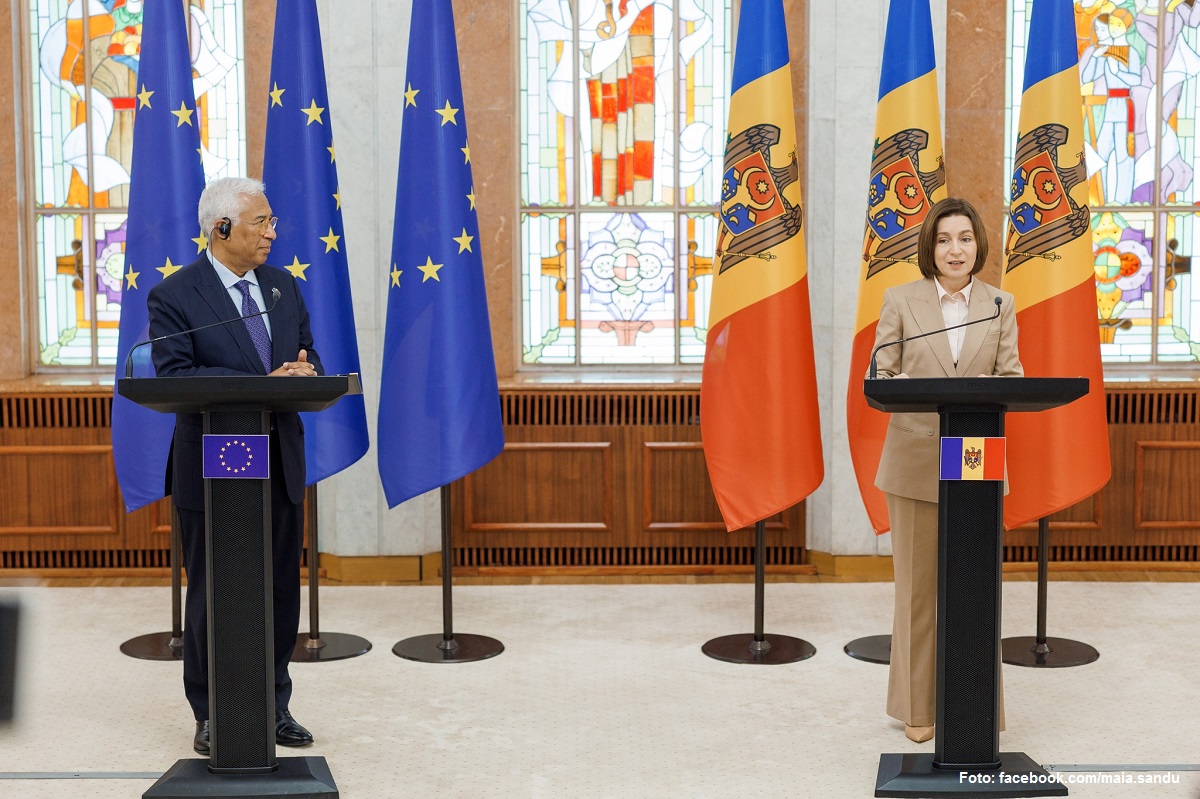The US Military and strengthening NATO’s eastern flank
500 US military are as of Tuesday at the Mihail Kogalniceanu military base in Constanta, taking part in the Atlantic Resolve international operation
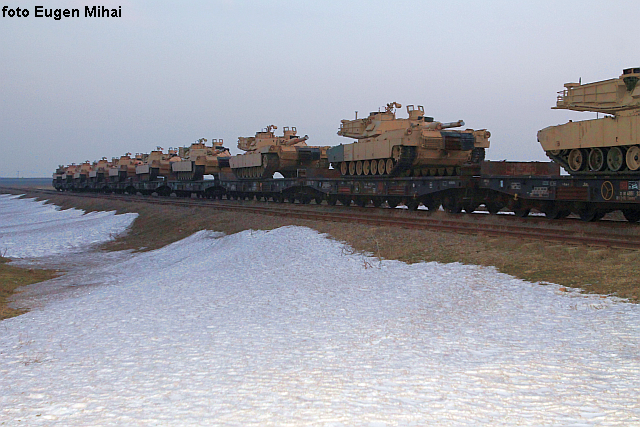
Bogdan Matei, 15.02.2017, 14:03
As many as 500 US troops arrived on Tuesday at the Mihail Kogalniceanu military base in Constanta, southeastern Romania, along with a shipment of tanks, combat vehicles and artillery equipment. As part of the Atlantic Resolve military operation aimed at consolidating NATO’s eastern flank, the US military will take part in multinational training exercises alongside Romanian ground troops. The US forces will be stationed in Romania for nine months, after which period they will be replaced by a new US contingent. They account for only a small part of the thousands of US military who arrived in Poland last month, to be subsequently deployed to NATO states in Eastern Europe, from the Baltic Sea to the Black Sea.
Spearheaded by the former Obama administration, the strategic decision to send troops in the region was meant to reassert the White House’s support for the security of Europe, faced with Moscow’s repeated aggressions and growing appetite for new territories. The new Trump administration, which many see as offering some concessions to Russia, has got European states worried. During his campaign for the presidential elections, Donald Trump said Europe has taken advantage of the United States, suggesting that Washington will no longer be in a position to protect its allies unless they reimburse the United States for offering them military protection.
Ahead of the visit to Brussels paid by US Secretary of Defense, James Mattis, the NATO Secretary General Jens Stoltenberg underlined that Europe would finally get to hear what the United States wanted. Stoltenberg says America is right to criticize European nations for their stringiness when it comes to their own defense budgets. The latest NATO agreement was that each state should allot 2% of its GDP to defense. In fact, Stoltenberg argues, there are only five countries that have met these requirements, while another three, Romania included, are striving to reach this goal. The figures are however encouraging. Last year NATO member states have increased their military spending by 4%, thus putting an end to the downward trend of military investments.
Seen as NATO’s eastern outpost, Romania is directly concerned by the security of the neighboring Moldova, with whom it shares a common language, culture and history. Moldovan pundits have warned against the unfavorable global and regional context, claiming that the European Union and NATO have exhausted their capacity to expand, the United States is backing down on its interventionist policies, the Russian Federation is expanding while the Republic of Moldova does not have a strong enough foreign policy able to cope with all these challenges. The last decade, marked by Russia’s military intervention in Georgia, its ingressions in eastern Ukraine and the annexation of Crimea, has proved that borders are no longer intangible, Moldovan political pundits say.
(Translated by Vlad Palcu)

